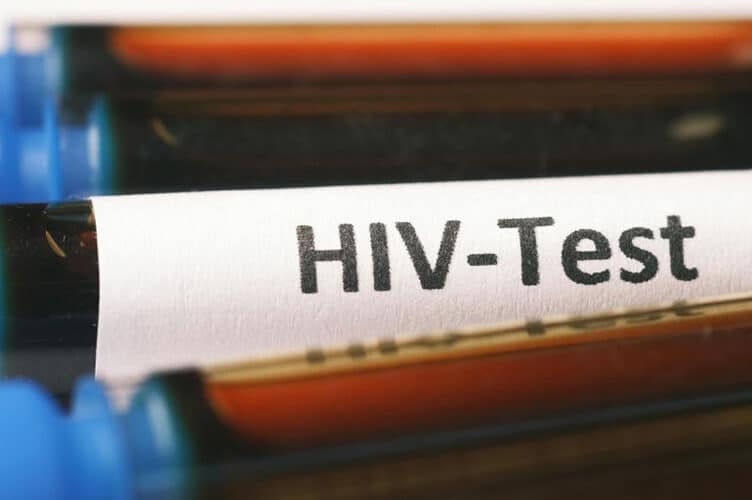“EH, ‘di ikaw na magaling.”
“Eh di wow.”
The 21-year-old Chie Manuzon often hears these sarcastic phrases whenever she shares knowledge or information she’s geeky about.
Manuzon said that through the years, hearing these words “truly disheartens” and makes her “anxious to speak about topics she loves.”
“Most of the time, hearing these words annoys me because how can people do this to people, especially for topics or subjects they truly know? What’s the purpose of education then if I won’t share what’s on my mind, specifically if it’s something that needs to be shared with a larger audience?” Manuzon told republicasia.
She also said that while she understands where these people are coming from, she couldn’t help but “feel disgusted” at them smart shaming others “because it’s taking a huge toll on them.”
Smart shaming = bullying
“I would say that I was one of those who have been bullied inside the classroom just because I know something that they don’t, and it sometimes affects me and my academic performance because I tend not to raise my hands during recitations for fear of getting shamed,” she said.
She likewise noted that smart shaming does not only happen to her inside the classroom but also outside.
She was poked fun at in public spaces, including while commuting and along the streets.
Si idol main character pala ‘to eh!”
Sana all bida-bida.”
In a 2019 qualitative study titled: Understanding Smart Shaming, research that delved into smart shaming in the Philippines, particularly in the city of Tarlac said that students aged 17-22 years old said they frequently experience hearing “offensive words” from their classmates whenever they participate in classroom activities.
However, the number of participants in the study was not revealed but Feliciano Mungcal, the study’s author, noted that smart-shamed teenagers experience smart shaming often inside the school, their homes, and during events.
The study also revealed that victims of smart shaming feel “rejection” by classmates in every group task because they make the one who shared their inputs “feel wrong” for their suggestions.
Effects of smart shaming on students’ emotional being
Aside from rejection, students who often experience smart shaming feel “fear, insecurity, no right to express thoughts and ideas, sadness and hurt,” it said.
The study also revealed that students who overcame smart shaming shared that they conquered smart shaming by “talking positively, ignoring and being immune, thinking that the participant has more understanding than the shamer and continued participation in class activities.”
SUGGESTED STORIES:
GMA Exec Gozon-Valdes Visit Marawi for Pay It Forward
WITH years of dedication to educational causes, GMA Network Vice.
WHO suggests Gilead’s lenacapavir to prevent HIV
THE World Health Organization (WHO) recommended the use of lenacapavir,.
DepEd Sec. Angara Reaffirms Dedication to Bridging Digital Gap
ALIGNED with President Ferdinand Marcos Jr.’s vision of ensuring accessible.
Why smart shaming has to stop
It was also found that victims of smart shaming tend to become aloof and avoid socializing to avoid getting ridiculed by their classmates. They also experience trauma whenever they participate in activities because they might experience negative feedback from their classmates for sharing their knowledge.
For Manuzon, she said that smart shaming does not only traumatize people but “they also terrorize the place where everyone should be freely exchanging their ideas.”
Smart shamers have to realize that learning institutions should be a breeding ground for success, not a place that triggers their anxiety, said Manuzon.
@aynperotagalog BE A PABIBO TODAY 💖 PROUD PABIBO ✨ #teacherayn #tiktokskwela #learnontiktok
♬ Infomercial music – Quinn Zumkeller
@esnyrrr “Manila Paper” ft. pabibo #fyp
♬ FINALLY a minute long version of this – ErinSamjo
How useful was this post?
Click on a star to rate it!
Average rating 0 / 5. Vote count: 0
No votes so far! Be the first to rate this post.
We are sorry that this post was not useful for you!
Let us improve this post!
Tell us how we can improve this post?









